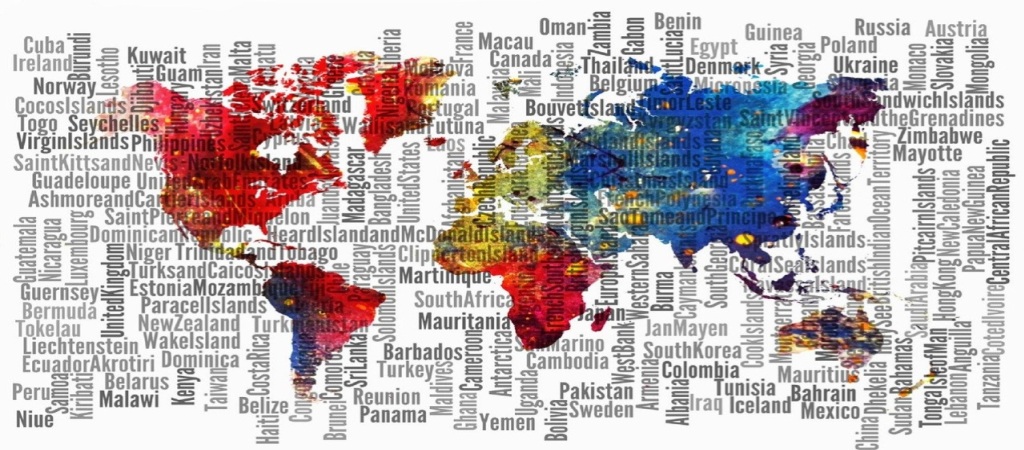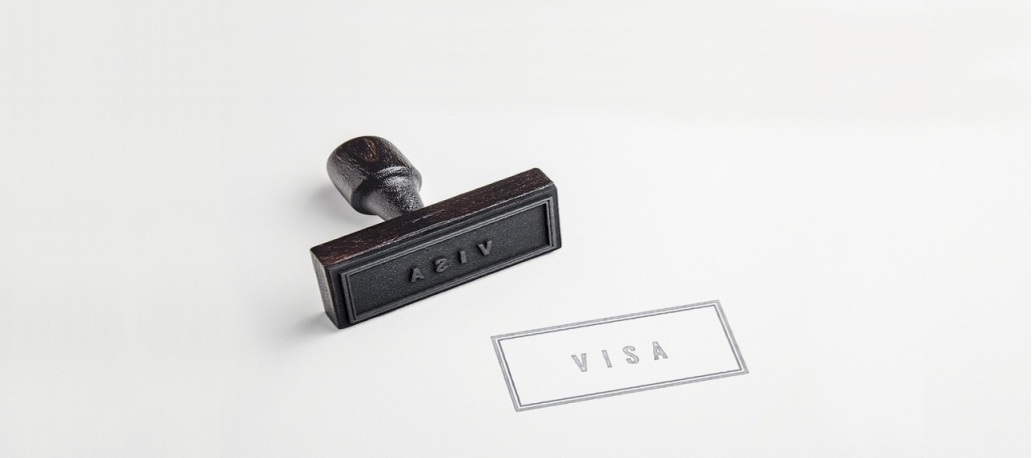Companies often underestimate the strict limits of the B1 Visa, exposing themselves to legal and operational risks. This article explains how unauthorized employment can trigger corporate liability and jeopardize compliance programs.
H-1B Visa Denied? | Discover the Visa Options USCIS Still Accepts
An H-1B denial can feel like the end of your U.S. career, but it is often the turning point that opens new pathways. With the right legal strategy, you can transform this setback into a renewed immigration plan.
Reshaping Immigration Policy Under the Trump Administration
The article examines how the recent Afghan asylum incident has reshaped national debates on security, executive power, and U.S. immigration policy. It evaluates the constitutional limits of presidential authority and the implications of increased vetting and enforcement proposals.
Healthcare Institutions: Workforce Immigration Strategy
A comprehensive immigration strategy has become essential for healthcare institutions across the United States as patient demand rises and the clinical workforce declines. From visa planning to licensing and compliance, healthcare organizations must leverage international talent to ensure stability, quality of care, and long-term competitiveness.
Immigration Planning for AI Startups: The Edge
Strategic immigration planning can determine whether an AI startup accelerates or falls behind in the global talent race. This article explores how companies leverage multilayered visa strategies to secure key engineering roles and maintain competitive momentum.
E-2 Vs. L-1 Visas | How Investors Can Enter The U.S. Market?
Discover how multinational corporations and global entrepreneurs can enter the U.S. market through the L-1 or E-2 investor visa. This guide explains which visa best supports your business expansion—corporate transfer or hands-on investment.
The O-1 Visa and 5 Common Misconceptions in Tech Companies
The O-1 visa empowers extraordinary professionals in technology, science, and business to work and innovate in the U.S. It offers tech companies a flexible, merit-based alternative to the H-1B, unlocking global talent without quota limits.
Global Talent Visas for Tech Companies
Smart legal guidance defines the future of tech innovation. Global talent visas empower U.S. companies to hire, scale, and lead with compliance.
How Can I Get a Work Visa in USA?
How Can I Get a Work Visa in USA? Discover how to obtain U.S. work authorization—from temporary options like H-1B and L-1 to permanent paths such as EB-1 and EB-2. Learn key requirements, timelines, and how to prepare a strong application.
L1 Visa vs H1B: in the Era of Trump’s $100,000 Rule
L1 VISA vs H1B defines a new era in U.S. immigration under Trump’s $100,000 rule. Discover why the L1 Visa is becoming the smarter route for global talent.











